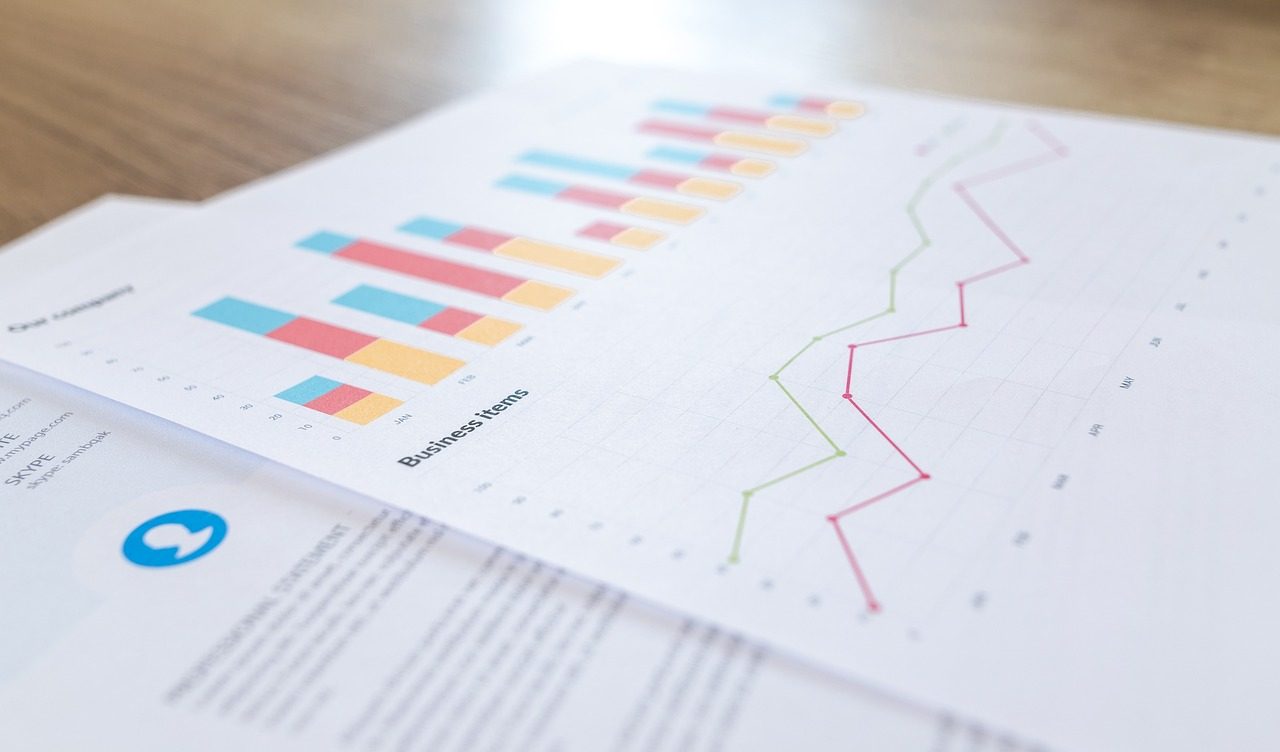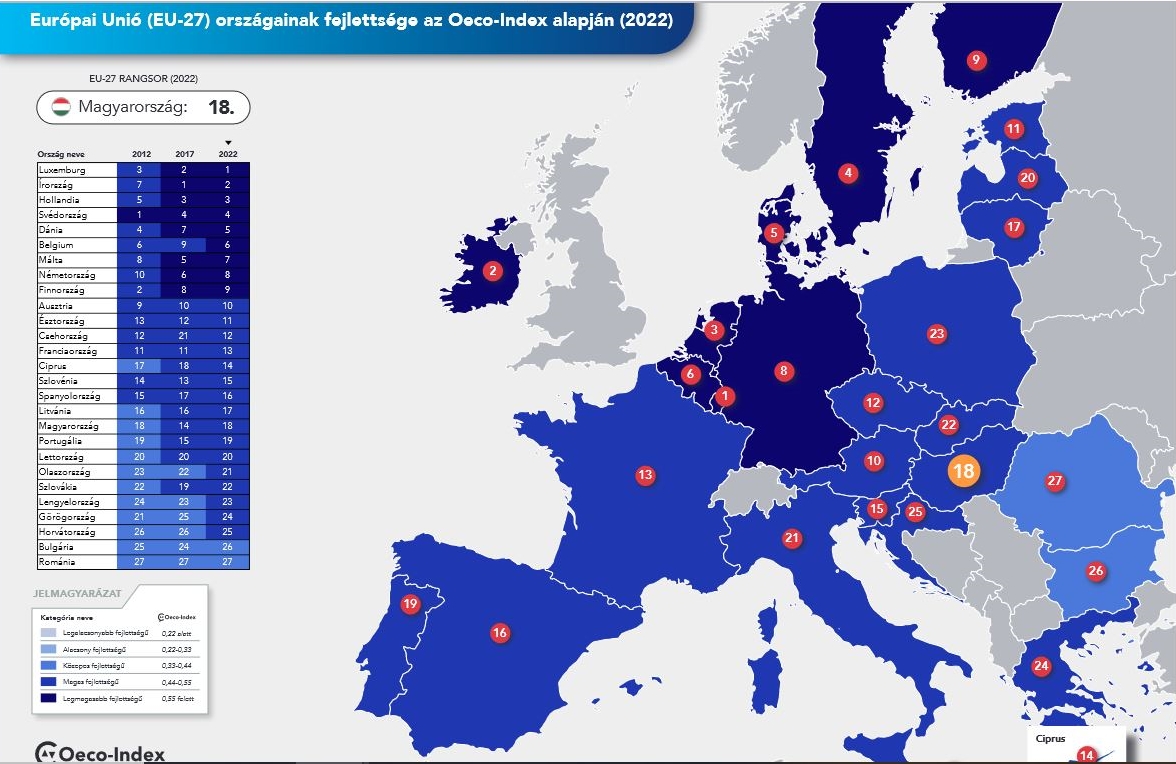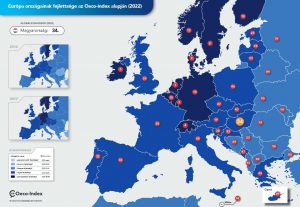
There were substantial strides towards full employment during 2022-2023.Continue reading

In October 2023 the Hungarian opposition media was in celebratory mood when the European Statistical Office (Eurostat) presented data showing that Romania had overtaken Hungary in terms of GDP per capita at purchasing power parity (PPP). According to the data, Hungary’s PPP was 76.6 % of the EU average, while Romania’s grew to 76.7 %. In an analysis published in the government-critical Index.hu newsportal, an expert points out that judging a country’s level of development by a single datapoint is misleading.
This was interpreted by many – wrongly, experts say – as Romania being more advanced than Hungary, the Index article points out. Furthermore, in December last year, came the Purchasing Power Parity (PPP) per capita consumption index, in which Hungary was second to last in the EU after Bulgaria. Then headlines appeared saying ‘there is only one poorer country in the EU than Hungary, but it is fast approaching’.
In an earlier interview in February Index have asked one of the country’s most influential analysts, Gergely Suppan, chief economist at the Ministry of National Economy, about this.
The media have been terribly wrong to conclude that Romania has already overtaken us in terms of living standards, based on the fact that Romanian per capita consumption is closer to the EU average than the Hungarian average in PPP terms. The underlying reason is that the Hungarian population saves much more,”
the economist pointed out in the interview. The Financial Wealth of Hungarian households is several time higher than that of Romanians, the expert stated. Suppan added that in Romania inequality is much higher than in Hungary. “Of course we have inequality, but it is not as extreme in Hungary as it is in Romania or Latin America, or even in the United States. We have noticeably caught up with the rest, just think of how much employment has increased, those who are willing and able have the opportunity to work, said the expert.
The shortcomings of some indicators, notably GDP, have long been recognized, their limitations have been analyzed and more complex indices of countries’ well-being have emerged in response. There are domestic examples, such as the Harmonic Growth Index (HNI), developed by the Macroeconomic Institute and recognized by the Central Bank. In many ways, the HNI goes beyond the indicators currently in use, as they measure either large companies or environmental or social sustainability. The HNI takes into account all relevant sustainability aspects and is based on 6 pillars:
– Economic
– financial
– environmental
– social sustainability
– labor and knowledge base
– the concept of demographic sustainability
In addition to the 6 pillars, the indicator includes 32 objective indicators, while subjective indicators, which are often distorting, are not included in the HNI. For instance, one such subjective indicator is Transparency International’s Corruption Perceptions Index, which ranks Hungary as the most corrupt country in the European Union, on a par with countries such as Cuba, Bahrain and Moldova. Péter Törcsi, chairman of the board of trustees of the Oeconomus Economic Research Foundation, said that the Transparency Index is politically motivated and based on perceptions, i.e. the feelings of the respondents, and therefore not suitable for factual findings.
At a press event last week, the Oeconomus Foundation for Economic Research unveiled its proprietary index, the Oeco-Index. Péter Törcsi pointed out that the index is not politically motivated, unlike other indicators, which is reflected in the fact that Hungary is not in the top 10. According to the index, we have nothing to be ashamed of, because we still rank 34th out of 164 countries.
A total of 25 sub-indices were used to compile the Oeco Index. These cover the economic, social and political dimensions that are published with sufficient frequency and are available for a wide range of countries in various international databases.

The Oeco-Index measuring countries’ economic development globally. Photo: Oeconomus
As a regional leader, Hungary is ahead of countries such as Portugal, Italy and Greece in the Oeco Index, said Szabolcs Pásztor, Research Director of the Oeconomus Economic Research Foundation. Looking at the ranking, one can see that Hungary is ahead of Slovakia in the global ranking, but also ahead of China and Russia. Romania, on the other hand is not only behind Hungary in the index, but is ranked last in the EU and 74th globally.
Via Index.h; featured image: Oeconomus.hu